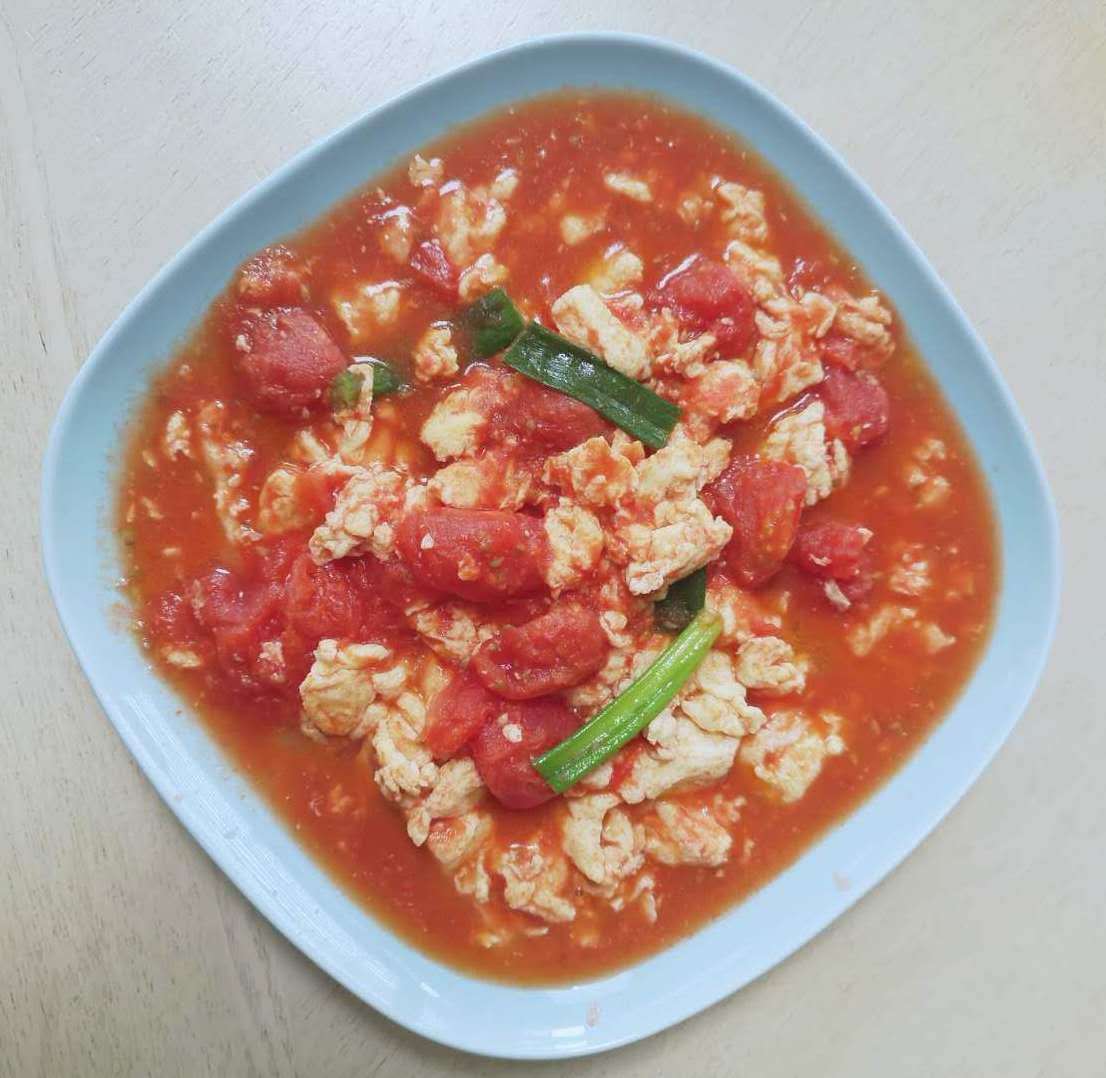I used to have a relatively vague and singular definition of Chinese cuisine.
Region was an important factor. Only people who live in China can cook a dish that shall be considered authentic — though there is a great diversity across different regions within China. For example, most people from the Southern Guangdong region do not eat nor like spicy food, while most locals from the Sichuan province need hot peppers in each of their meals.
However, there’s more or less an unspoken consensus on the ingredients a dish consists of and how it should be cooked. Take the common comfort food, stir-fried tomatoes with eggs, for instance. Some would add sugar, some would not. Many just put salt in the dish whereas others would add cooking wine and soy sauce to add more flavour. At the end of the day, the general agreement is that the dish should be a balance of saltiness and sweetness, with a refreshing sourness that comes with the tomatoes.
My mindset was first challenged when my family immigrated to Canada. One summer, we travelled to Prince Edwards Island (PEI), a small fishermen’s town on the East Canadian coast. After a month of travelling, eating only pizza, pasta, and poutine, we all craved for some Chinese food that would remind us of home.
We visited a Chinese buffet in downtown. That was the first time I tasted a sense of unfamiliarity when I ate Chinese food. It was just, so, different. The comfort food, stir-fried tomatoes with eggs, was unrecognizable. I tasted ketchup in the dish. The chopped tomatoes were also hard and raw, instead of melting to a semiliquid consistency. The dish did not taste bad. It felt novel. But I found it very unauthentic.
After this experience, I stopped trying North Americanized Chinese restaurants. Plus, authentic Chinese food is easily accessible at home in Toronto.
Yet, that has changed since I move to Los Angeles last fall. Home is 2537 miles away.
Before the first fall quarter of my college career kicked in, my mother and I visited the Dong Po Restaurant in Century city. We ordered the famous dish La Zi Ji Ding, which is essentially hot peppers and chicken bits. Unexpectedly, I found pieces of fried potato strips that were literally French fries. The dish was also not spicy, but rather sweet. I was highly critical of it since I thought this dish should not be cooked this way, and it would not be cooked this way in China. Both my mother and I were extremely disappointed and I swore I would never come again.
Yet, on the day of the Mid-autumn festival, out of extreme homesickness, my friends and I went to this restaurant again. My friends insisted on trying this dish, so we ordered it. As I was eating, it still tasted strange, but I remembered my conversations with my mom in this restaurant: the good times and laughters that we shared. I was reminded of home and family. Suddenly, the potato strips in the dish did not seem so strange anymore.
I started to realize that it is not a specific cooking style that I look for when I eat Chinese food. Rather, it is like taking a trip in my memory wall and retrieving the enjoyable moments.
In fact, throughout fall quarter, my friends and I tried different kinds of Chinese food in Los Angeles. Some of them were what I used to consider as authentic: chain restaurants with base in China. They handle food the same way as restaurants on the other side of the Pacific Ocean do. I can rest assured to find a sense of familiarity that would ground me, and, take me back to my comfort zone.
Meanwhile, I tried some Chinese American food, like Panda Express. When I treated them just as plain food, I actually found the broccoli beef to be very similar to the way my mom would cook it. I find myself returning to the Panda Express in Ackerman more often when I don’t have time to go back to the Hill.
I was bewildered. I thought I prefered authentic Chinese food, but that was no longer true. Rather, I found a sense of comfort in the more Americanized Chinese food that I rejected and was highly critical of for so long.
So how could one judge the authenticity of Chinese cuisine? Textbook style speaking, one could refer to the specific ingredients and cooking styles to coin whether a dish is legit. Yet for me, I think there’s another layer, one that’s more personal, and idiosyncratic. At the end of the day, food should not have a singular definition of authenticity. Your background — how you are brought up, your family, where you live — all contribute to your understanding and emotions for how a certain dish should be cooked and taste like.

Comments are closed.